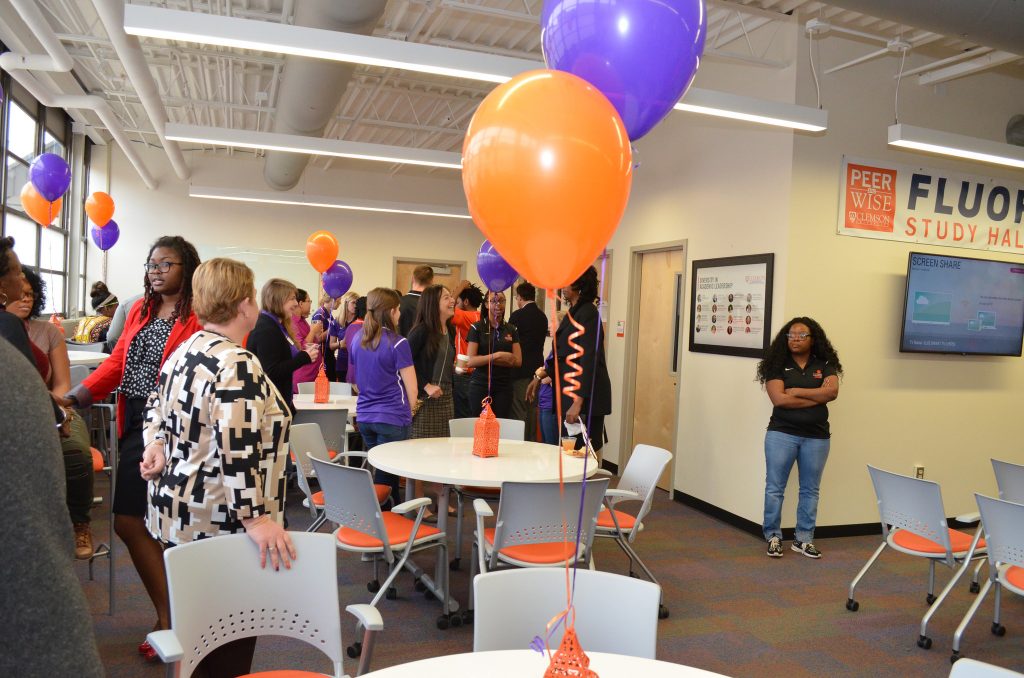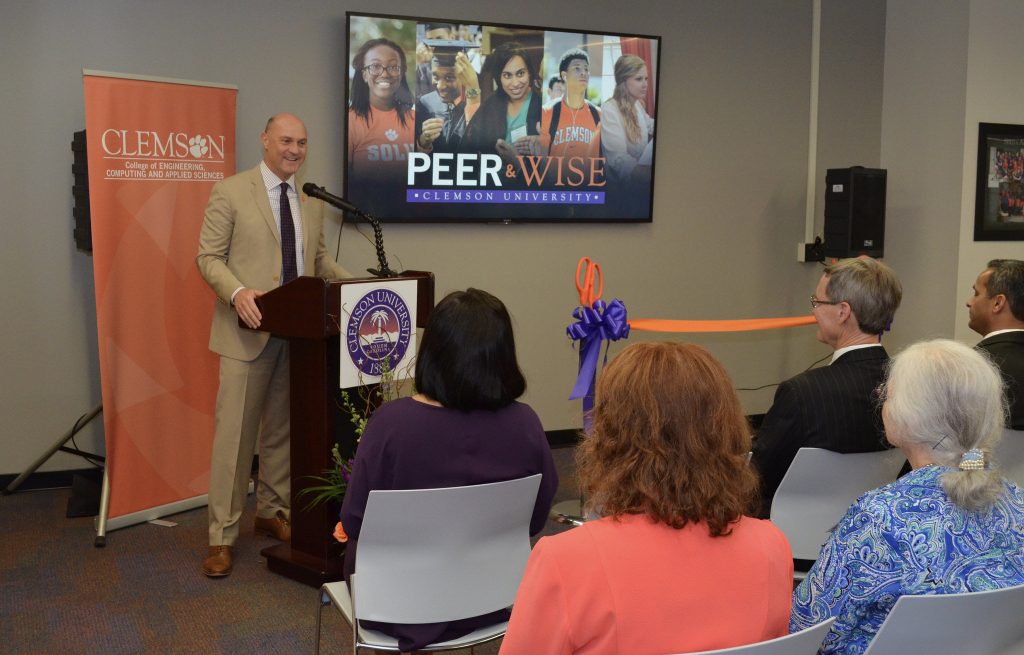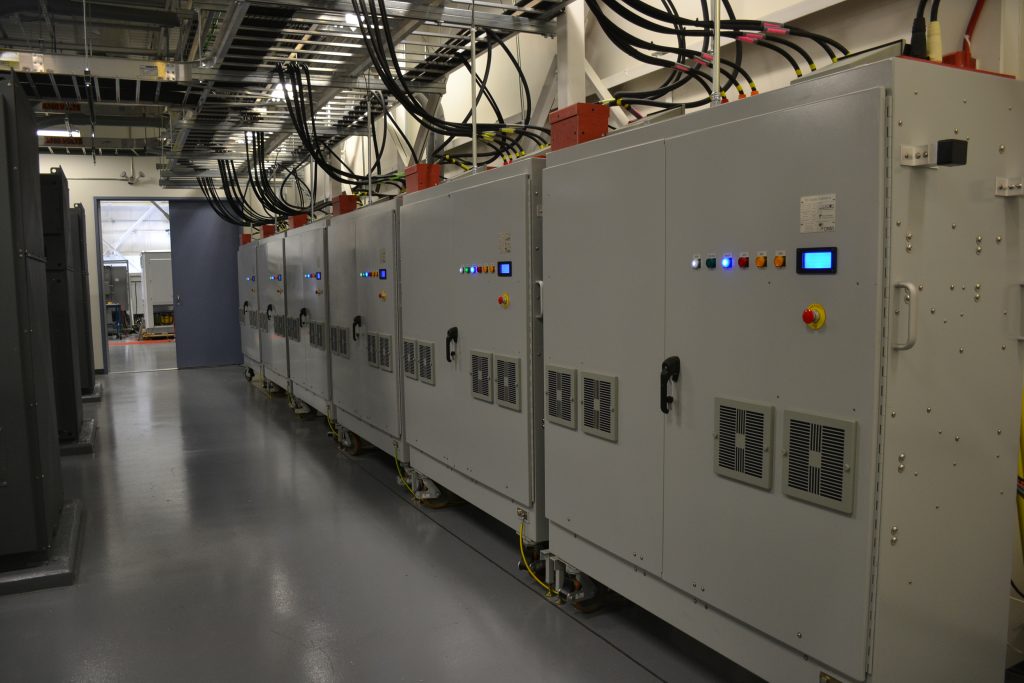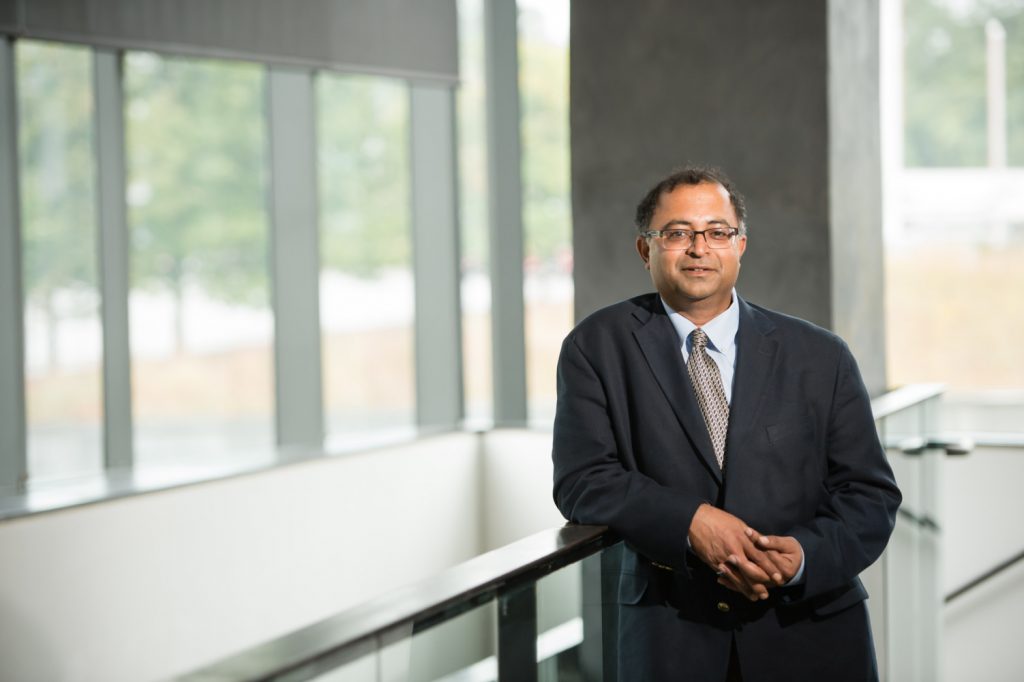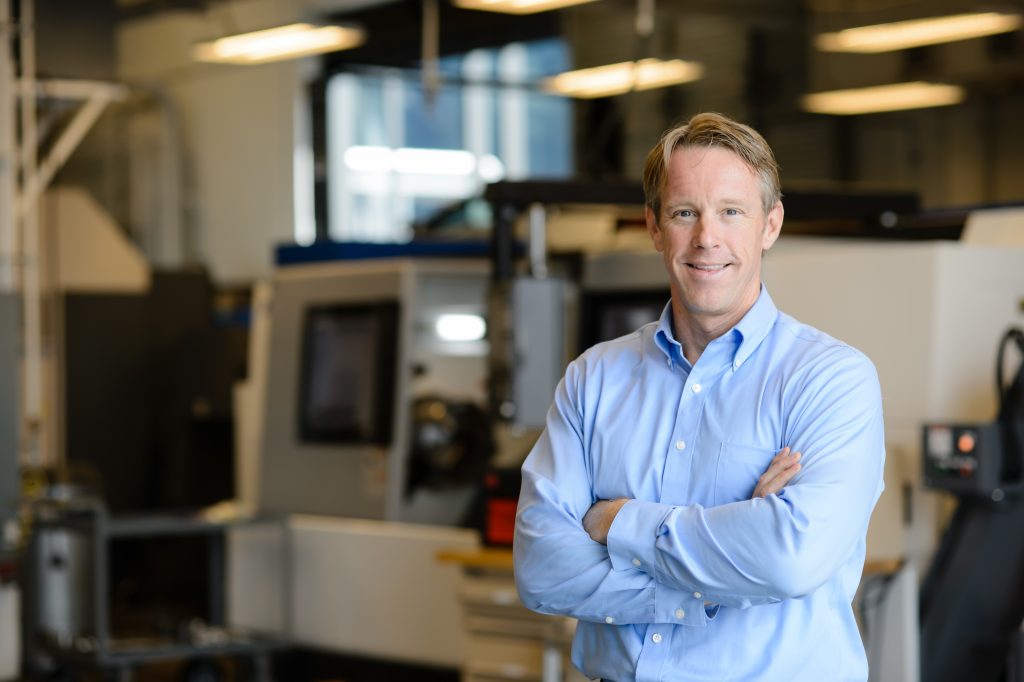In April 2016, Hubbell Lighting and the Hubbell Foundation established the Hubbell Foundation Engineering Scholarship Endowment and the Hubbell Lighting Annual Engineering Scholarships to support students in Clemson’s College of Engineering, Computing and Applied Sciences (CECAS).
The first scholarships were awarded in fall 2016, and today, CECAS, CFR and Hubbell Lighting representatives honored the student recipients at a luncheon event. The 2016-2017 Hubbell Lighting Scholars include:
Alexis Fiore is a junior at Clemson pursuing a degree in Industrial Engineering. A native of Orlando, Florida, Alexis is currently serving as an Industrial Engineer Project Analyst intern at Walt Disney World. As an intern, she’ll work closely with the costuming and entertainment departments at Walt Disney World. Outside of the classroom, Alexis is involved in Alpha Omega Epsilon Sorority, Institute of Industrial and Systems Engineers (IISE), and IPTAY. Upon graduating from Clemson in December 2018, Alexis hopes to become an industrial engineer at Walt Disney World.
Emily Gullette is a junior at Clemson majoring in Bioengineering with a minor in Music. She is from Greer, SC and enjoys being a member of the Clemson Symphony Orchestra and volunteering at the Sullivan Health Center on campus. Upon graduating from Clemson, Emily plans to attend medical school.
Dylan Hastings is a junior at Clemson from Charleston, SC majoring in Computer Engineering. After graduating from Clemson in the fall of 2018, Dylan plans to pursue a career in his field of expertise. Although he does not serve as an official tutor, he enjoys helping other students with their studies, particularly in computer engineering.
Jennifer Hibberts is a junior at Clemson pursuing a degree in Biosystems Engineering with an Ecological Engineering emphasis area and a possible minor in Sustainability. Jennifer is a member of the Honors College and serves as a mentor for Honors College freshmen. She grew up overseas on an Army Garrison in the Marshall Islands on an island called Kwajalein. Jennifer is also involved in the Clemson Debate Team, the National Academy of Engineering Grand Challenges Scholar Program, and the Club Water Polo team. She had the opportunity to study abroad in the French Riviera in the spring of 2016, and after graduating from Clemson, Jennifer hopes to join the Peace Corps and then possibly attend law school.
Alexander Schreiber is a sophomore at Clemson pursuing a degree in Mechanical Engineering with a minor in Business Administration. He is from Granville, Ohio and enjoys being a member of the Clemson Ice Hockey team. Upon graduating from Clemson, Alexander hopes to take steps toward owning his own company.
For more information on the Hubbell Lighting scholarship program, visit: http://newsstand.clemson.edu/mediarelations/hubbell-lighting-and-hubbell-foundation-establish-engineering-scholarships-at-clemson/
